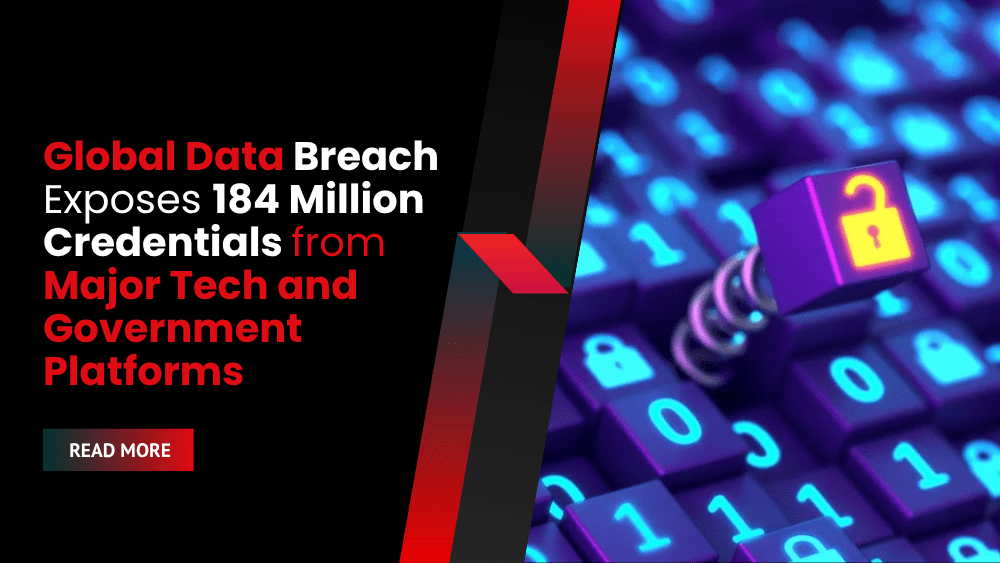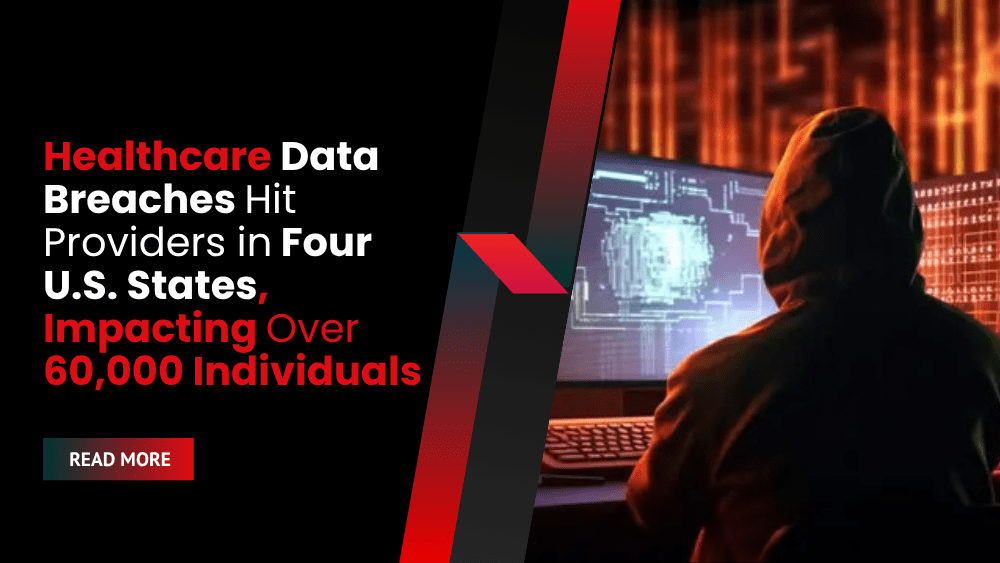A massive global data breach has compromised over 184 million credentials linked to major technology platforms, government portals, banking services, and healthcare systems.
Unsecured Malware Database Exposes Sensitive User Credentials
The National Computer Emergency Response Team (NCERT) of Pakistan has issued an urgent advisory following the discovery of a publicly exposed database containing credentials harvested via info-stealing malware. The breach includes usernames, passwords, and email addresses from services such as Google, Microsoft, Apple, Facebook, Instagram, and Snapchat.
The stolen data was left unencrypted and publicly accessible, with no authentication controls, making it immediately exploitable. The malware that collected the information ran silently on infected devices and required no user interaction.
In addition to tech platforms, credentials tied to government portals, financial systems, and healthcare platforms were also exposed, significantly expanding the potential impact across both public and private sectors.
Risks Include Credential Stuffing, Account Takeovers, and Ransomware Attacks
Security analysts warn that the scale of this global breach could lead to widespread credential stuffing attacks, where cybercriminals use automated tools to test stolen credentials across different platforms. Other risks include:
- Account takeovers
- Targeted phishing campaigns
- Identity theft
- Ransomware deployment on enterprise infrastructure
“The database contains credential data harvested from malware-infected systems and requires no login or privileges to access,” NCERT stated.
The nature of the breach—linked to malware and insecure storage practices—means no patch can resolve it. Mitigation must focus on proactive security controls and awareness.
NCERT Advises Password Changes, MFA, and System Monitoring
To limit the fallout, NCERT has recommended several urgent measures for individuals and organizations:
- Immediately change passwords, especially where reuse is common
- Enable multi-factor authentication (MFA) on financial, administrative, and email accounts
- Notify affected users and audit systems for further signs of compromise
- Rotate passwords regularly and apply monitoring policies
- Avoid password reuse and adopt password managers for secure storage
- Deploy endpoint protection, ensure malware definitions are up to date, and enforce least privilege principles across sensitive accounts
“There is no patch for this incident. Protection must rely on user education, strong password practices, and layered enterprise defenses,” the advisory emphasized.
The breach is a reminder of the growing threat from info-stealing malware and the importance of enforcing proper data hygiene, especially when handling credentials linked to critical infrastructure and enterprise systems.






